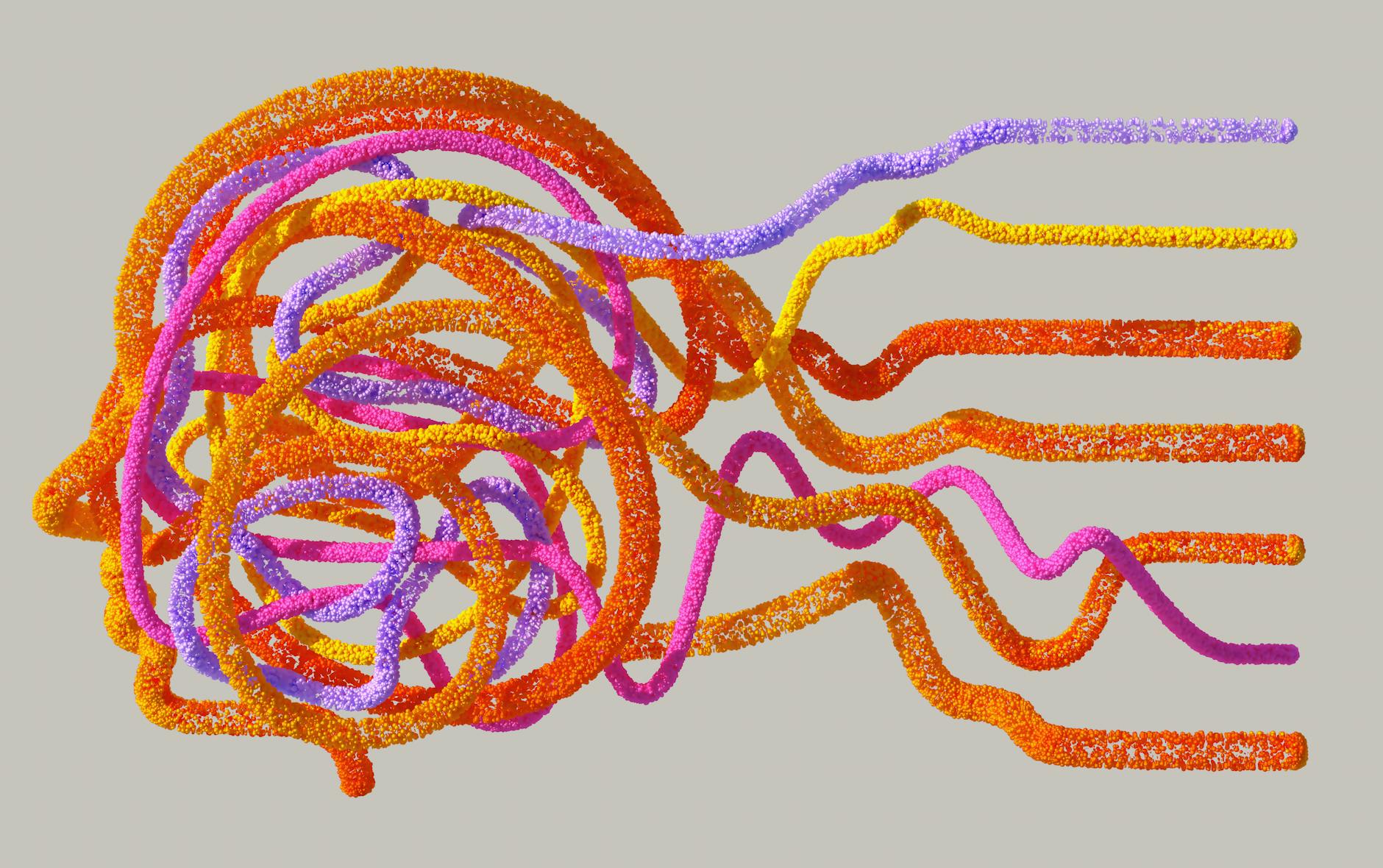
AI for Scientific Research: The Future is Now (And It’s Smarter Than Your Lab Partner)
Remember the days when scientific breakthroughs required years of painstaking experiments, coffee-fueled all-nighters, and a dash of luck? Those days aren’t gone—but they’ve got a shiny new assistant: artificial intelligence. AI isn’t just changing scientific research; it’s turbocharging it. And if you’re not paying attention, you might find yourself left behind while the robots write the next Nobel Prize-winning paper.
Why AI is the Lab Partner You Didn’t Know You Needed
Let’s be honest: science is hard. Between designing experiments, analyzing data, and sifting through thousands of research papers, even the brightest minds can hit a wall. Enter AI, the ultimate wingman for researchers. It doesn’t complain about overtime, never forgets to label samples, and can process data faster than you can say “peer review.”
How AI is Revolutionizing Research
- Data Crunching on Steroids: AI can analyze massive datasets in minutes—tasks that would take humans months (and a few nervous breakdowns).
- Literature Reviews in a Flash: Forget skimming hundreds of papers. AI tools can summarize key findings and even highlight gaps in research.
- Predictive Power: From drug discovery to climate modeling, AI predicts outcomes with scary accuracy, saving time and resources.
- Automating the Mundane: Let AI handle repetitive tasks like image analysis or data entry, so you can focus on the big ideas.
2025 Trends: Where AI is Taking Scientific Research Next
If you think AI’s impact is impressive now, just wait. Here’s what’s coming down the pipeline:
- AI-Powered Peer Review: Say goodbye to biased or slow reviews. AI will assess research quality, spot errors, and even suggest improvements.
- Self-Driving Labs: Labs will run themselves, with AI designing and executing experiments while researchers sip coffee (or finally take a vacation).
- Hyper-Personalized Medicine: AI will tailor treatments to your DNA, lifestyle, and even your microbiome—no more one-size-fits-all drugs.
- Citizen Science Boom: AI tools will empower non-scientists to contribute meaningfully to research, from classifying galaxies to tracking endangered species.
AI Tools for Researchers: A Handy Comparison
Not all AI tools are created equal. Here’s a quick breakdown of the heavy hitters:
| Tool | Best For | Cool Factor |
|---|---|---|
| IBM Watson | Drug discovery, genomics | Literally beat human Jeopardy champions |
| Google DeepMind | Protein folding (AlphaFold), quantum chemistry | Solved a 50-year-old biology problem in days |
| Semantic Scholar | Literature reviews, citation analysis | Filters out predatory journals so you don’t have to |
| Jasper (for Science) | Drafting papers, grant proposals | Writes better than your grad students (sorry) |
The Human Touch: Why Researchers Still Matter
Before you panic about robots stealing your job, relax—AI is a tool, not a replacement. The best researchers will be those who augment their skills with AI. Think of it like this: you wouldn’t use a microscope to hammer a nail, right? AI is just another instrument in your toolkit.
My Awkward Love Affair with AI in Research
I’ll admit it: I was skeptical at first. The first time I used an AI tool to analyze my data, I double-checked its work like an overbearing lab manager. Turns out, it was right—and I’d wasted three hours verifying what took it three seconds. Lesson learned. Now, I let AI handle the grunt work while I focus on asking the right questions. (And yes, I still check its work. Old habits die hard.)
FAQs: Your Burning Questions, Answered
Will AI make researchers obsolete?
Not a chance. AI excels at tasks, but it can’t replicate human curiosity, creativity, or intuition (yet). The best teams will combine human ingenuity with AI’s brute-force processing.
How do I start using AI in my research?
Start small! Try a literature review tool like Semantic Scholar or a data analysis platform like Jupyter Notebooks with AI plugins. You don’t need to code like a Silicon Valley whiz kid to benefit.
Is AI in science ethical?
Great question. Bias in training data and “black box” algorithms are real concerns. The key is transparency—always know how your AI tools work and validate their outputs.
Final Thoughts: The Lab Coat of the Future Has Pockets for AI
AI isn’t just a passing trend in scientific research—it’s the new normal. The researchers who embrace it will publish faster, discover more, and maybe even have time for a social life. So, what’s your next move? Keep doing things the old way, or let AI give you a supercharged edge?
Call to Action: Ready to dive in? Pick one AI tool this week and test it on a small project. Trust me, your future self (and your lab mates) will thank you.


